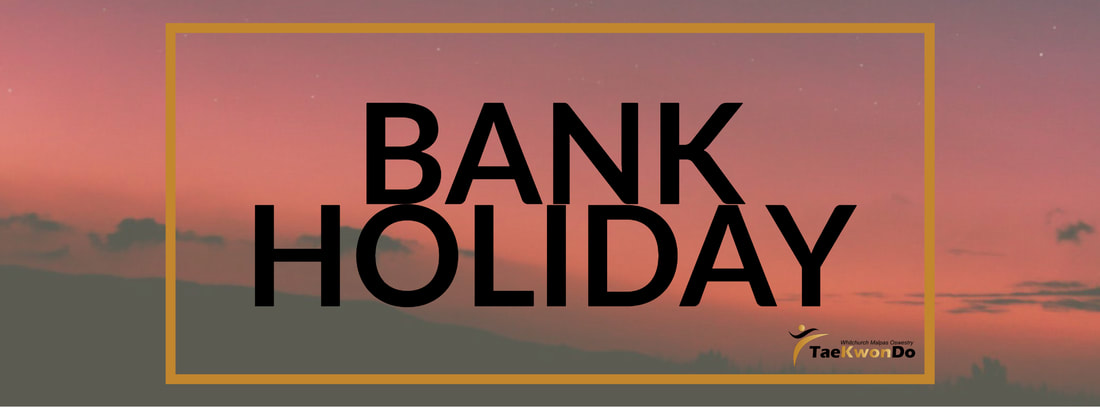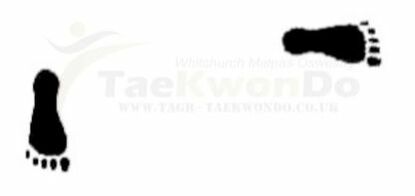|
Source: The Conversation website
Written by: Ashleigh Johnstone
We are all aware that exercise generally has many benefits, such as improving physical fitness and strength. But what do we know about the effects of specific types of exercise? Researchers have already shown that jogging can increase life expectancy, for example, while yoga makes us happy. However, there is one activity that goes beyond enhancing physical and mental health – martial arts can boost your brain’s cognition too. 1. Improved attentionResearchers say that there are two ways to improve attention, through attention training (AT), and attention state training (AST). AT is based on practising a specific skill and getting better at that skill, but not others – using a brain training video game, for example. AST on the other hand is about getting into a specific state of mind that allows a stronger focus. This can be done by using exercise, meditation, or yoga, among other things. It has been suggested that martial arts is a form of AST, and supporting this, recent research has shown a link between practice and improved alertness. Backing this idea up further, another study showed that martial arts practice – specifically karate – is linked with better performance on a divided attention task. This is an assignment in which the person has to keep two rules in mind and respond to signals based on whether they are auditory or visual. 2. Reduced aggressionIn a US study, children aged 8-11 were tasked with traditional martial arts training that focused on respecting other people and defending themselves as part of an anti-bullying programme. The children were also taught how to maintain a level of self-control in heated situations. The researchers found that the martial arts training reduced the level of aggressive behaviour in boys, and found that they were more likely to step in and help someone who was being bullied than before they took part in the training. Significant changes were not found in the girls’ behaviour, potentially because they showed much lower levels of physical aggression before the training than the boys did. Interestingly, this anti-agression effect is not limited to young children. A different piece of research found reduced physical and verbal aggression, as well as hostility, in adolescents who practised martial arts too. 3. Greater stress managementSome forms of martial arts, such as tai chi, place great emphasis on controlled breathing and meditation. These were strongly linked in one study with reduced feelings of stress, as well as being better able to manage stress when it is present in young to middle-aged adults. This effect has also been found in older adults – the 330 participants in this research had a mean age of 73 – too. And the softer, flowing movements make it an ideal, low-impact exercise for older people. 4. Enhanced emotional well-beingAs several scientists are now looking into the links between emotional well-being and physical health, it’s vital to note that martial arts has been show to improve a person’s emotional well-being too. In the study linked above, 45 older adults (aged 67-93) were asked to take part in karate training, cognitive training, or non-martial arts physical training for three to six months. The older adults in the karate training showed lower levels of depression after the training period than both other groups, perhaps due to its meditative aspect. It was also reported that these adults showed a greater level of self-esteem after the training too. 5. Improved memoryAfter comparing a sedentary control group to a group of people doing karate, Italian researchers found that taking part in karate can improve a person’s working memory. They used a test that involved recalling and repeating a series of numbers, both in the correct order and backwards, which increased in difficulty until the participant was unable to continue. The karate group were much better at this task than the control group, meaning they could recall longer series of numbers. Another project found similar results while comparing tai chi practice with “Western exercise” – strength, endurance, and resistance training. Evidently, there is far more to martial arts than its traditional roles. Though they have been practised for self-defence and spiritual development for many hundreds of years, only relatively recently have researchers had the methods to assess the true extent of how this practice affects the brain. There are a such a huge range of martial arts, some more gentle and meditative, others combative and physically intensive. But this only means that there is a type for everyone, so why not give it a go and see how you can boost your own brain using the ancient practices of martial arts.
0 Comments
Who or what is The Taekwondo Professor? The Taekwondo Professor is an online Tae Kwon Do training platform for everybody.
Learning Tae Kwon Do with the Professor is a fun and engaging way to learn to practice your favourite Martial Art! With detailed diagrams, pictograms, photos & quizzes to help what you learn to stick. Over the years I have successfully guided many students to achieve their personal goals, black belt, regional, national and even international titles. learn Tae Kwon Do with The Taekwondo Professor. Supplement your Tae Kwon Dotraining with professional & engaging learning content.The Taekwondo Professor makes it easy to learn Theory & Practical ready for your next Grading! Get your Tae Kwon Do fighting fit, ready for your grading. Theory is an important part of Tae Kwon Do and The Taekwondo Professor will help assist you in preparation for your grading. Learn Tae Kwon Do techniques and patterns in detail. High quality pictures, videos and detailed diagrams will guide you along your Tae Kwon Do journey. Get started with a free 7 day trail with the link below. https://www.tkdprof.com//signup/ On Saturday 30th October students from Whitchurch, Malpas and Oswestry Tae Kwon Do competed in the North Wales Inter Club Championships in Wrexham. For most of our students this was their very first competition or their first competition for a long time due to COVID. I am very proud of all our students that entered the championships. Competing in competitions is not all about winning, it is invaluable in helping to improve your Tae Kwon Do, gain experience performing under pressure and learn new skills. Many Congratulations to our Medal Winners Saskia Lockley - Gold in Girls Yellow Belt Patterns. Lily Ryder - Silver in Girls Red Belt Sparring and - Bronze in Girls Red Belt Patterns. Rob Lloyd - Gold in Men's Green Belt Sparring. Ryan Stonier - Gold in Men's Red Belt speed kicking and - Bronze in Men's Red Belt Sparring. Carys Williams - Bronze in Girls Green Belt Sparring. Carl Willmott - Silver in Man's Black Belt Sparring and - Bronze in Men's Black Belt Sparring. Sam Fielding - Silver in Boys Black Belt Sparring. Dexter McArdle - Bronze in Boys Black Belt Sparring. Congratulations and Well done to all of you!! I’m very pleased to announce that we will have a new class at Whitchurch starting Thursday 27th August. This class will be 6.30 - 8.00pm in the sports hall at Whitchurch civic centre and is replacing the Malpas Thursday class. This class is suitable juniors, adults and families. Thursdays 18.30 - 20.00 Whitchurch Civic Centre
High St, Shrewsbury, Whitchurch SY13 1AX I hope you all had a very nice Christmas and would like to wish you all a happy new year.
|
AuthorCarl Rudolf Archives
June 2024
Categories
All
|
|
|
























 RSS Feed
RSS Feed




